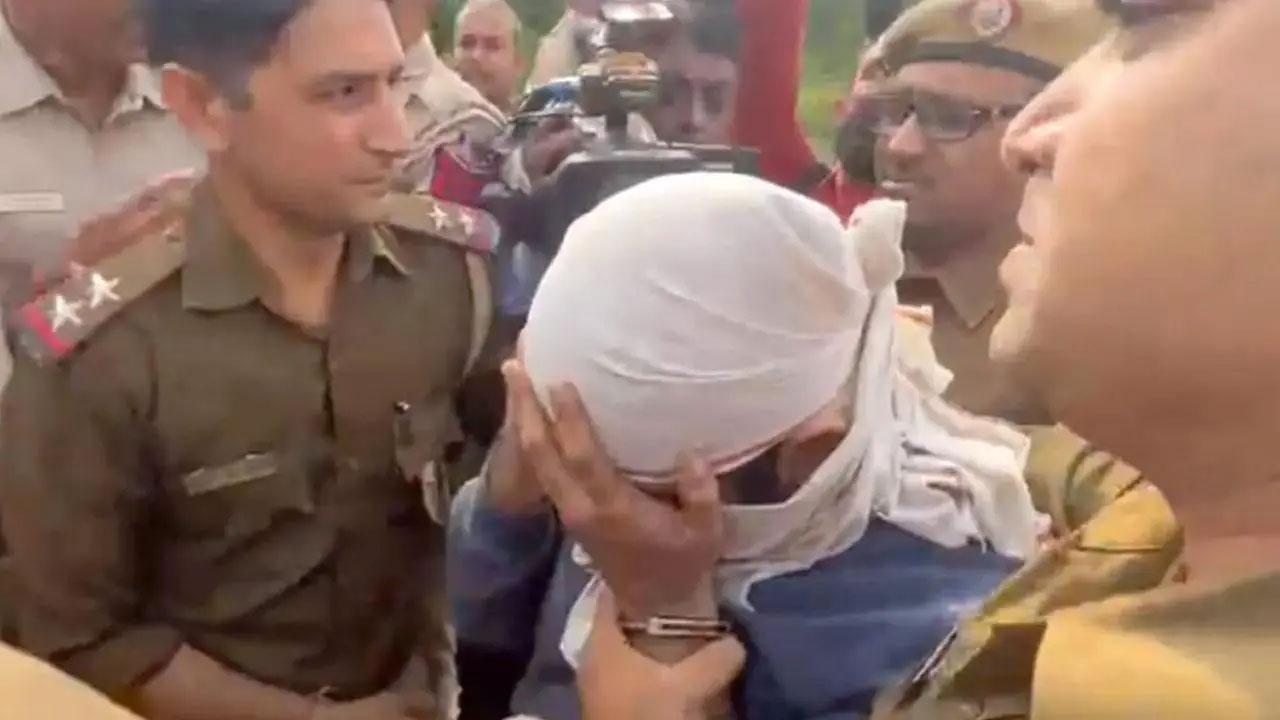But the most important question should have been what do these apps do to keep their platforms safe for women?

Aftab in Delhi Police custody. File Pic/ PTI
The gruesome murder of Vasai woman Shraddha Walkar by her live-in partner Aftab Poonawala has rightly been front and centre of news coverage in the past two weeks.
ADVERTISEMENT
The murder, and Poonawalla’s attempts to cover it up, has had the press asking many questions—were the local police lax in responding to Shraddha’s complaints? Was she right in withdrawing one such complaint even as she tried to live through the emotional and physical abuse? What should women using dating apps do?
But the most important question should have been what do these apps do to keep their platforms safe for women? As a stunning investigation by this paper showed on Sunday, nothing.
All these apps have the usual disclaimers: things you, the user, should do to remain safe—don’t share intimate details or photos, meet in a public place, etc. But what will they do if trouble comes calling?
None of the apps mid-day reached out to could give a satisfactory answer; worse, many did not even respond.
The situation is not very dissimilar to what happened a few years ago with ride hailing apps, when a series of crimes against women shocked the country and triggered widespread outrage. The apps only then responded, putting in safety buttons and other such measures. But even now, managing to reach a real human in case there is an issue is an uphill task.
Ditto is the situation with social media sites, where abuse of all kinds is rampant. But whatever the likes of Twitter, Facebook, and Instagram claim to have done does not seem to be enough to tackle online abuse.
Only by speaking up on every platform available to us, can we spur the tech bros at the helm into action.
Investors, too, should be pressured to look beyond returns, and be told that they have a responsibility in ensuring that their ventures are not toxic playgrounds for abusers and bullies.
 Subscribe today by clicking the link and stay updated with the latest news!" Click here!
Subscribe today by clicking the link and stay updated with the latest news!" Click here!







